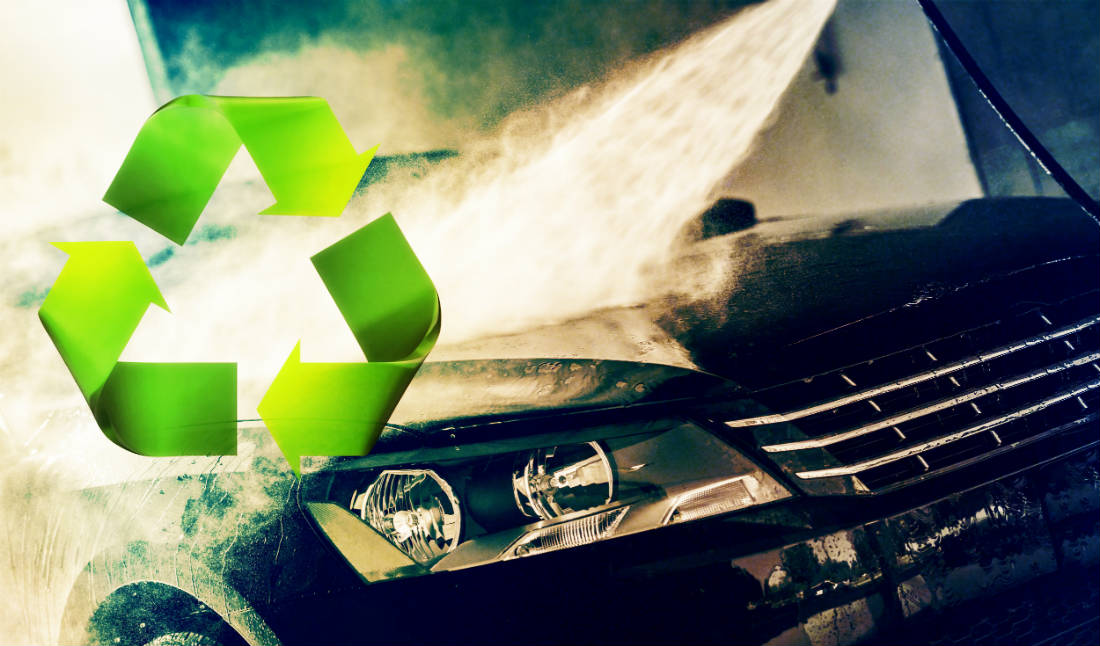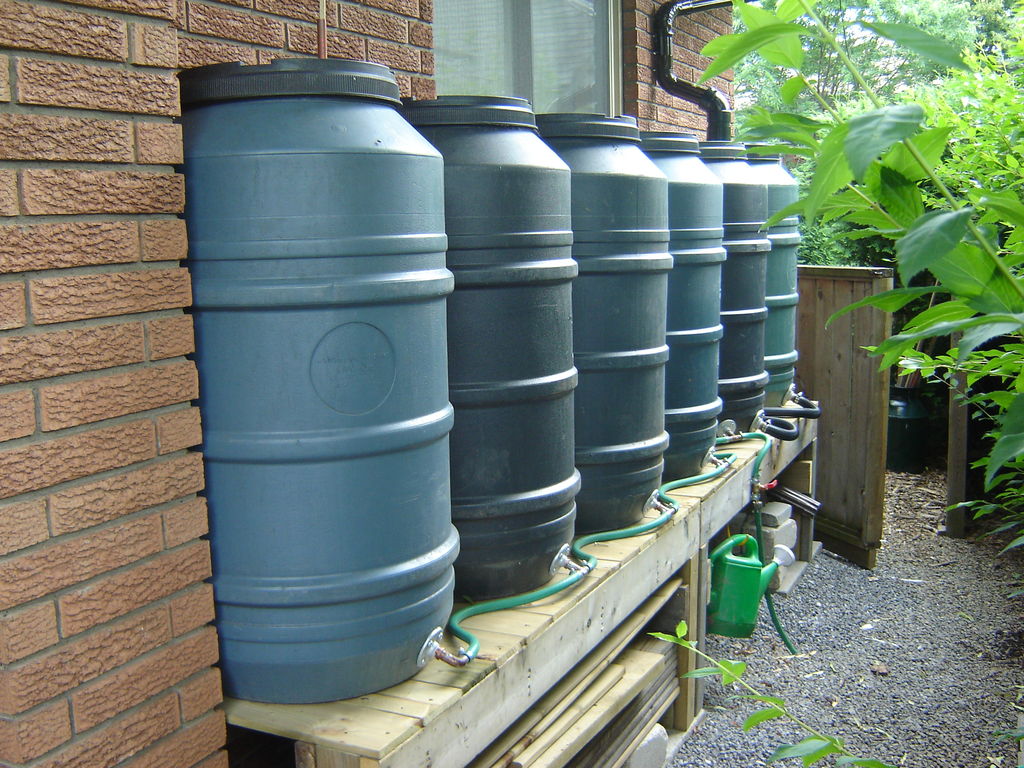Reusing water is an essential practice for conserving our natural resources and for saving money. Water is a precious natural resource that is vital to life on our planet. However, with increasing demand and scarcity in some regions, it is crucial to adopt practices that promote the conscious use and reuse of this resource. In this post, we will explore how reuse water from rain and washing machines to save on your water bill and contribute to environmental preservation.

The Importance of Reuse
Water is the basis of all life and plays a vital role in many human activities. However, its indiscriminate use can lead to waste and degradation of water resources. Reusing water is an effective way to reduce consumption and minimize environmental impact. In addition to saving money on your water bill, these practices contribute to the conservation of natural resources and promote a more sustainable future.
Benefits of Water Reuse
- Financial Economics: Reduces spending, generating savings on your bill.
- Environmental Preservation: Reduces waste and impact on water resources.
- Sustainability: Promotes sustainable practices.
Reusing Washing Machine Water
One of the practical ways is by recovering the water used in the washing machine. This type of water can be reused for non-potable activities, such as cleaning outdoor areas. Here is a practical example:
Case Study: Anderson Zemis
Anderson Zemis, a resident of Sumaré, São Paulo, implemented a simple and economical solution to reuse water from the washing machine. He installed a tap in a 200-liter plastic drum using sealing compound. The drum cost about R$ 45.00, and the tap varied according to the model chosen. The recovered water is ideal for:
- Sidewalk Cleaning
- Car Wash
- Yard Maintenance
Reusing Rainwater
Rainwater is an abundant resource and can be captured and reused for a variety of purposes. Implementing a rainwater harvesting system is a great way to save money. Here’s how you can set up your own system:
Uses of Rainwater
Rain can be used to:
- Garden Watering
- Yard Cleaning
- Car Wash
However, to use rainwater for toilet flushing, it is necessary to modify the house's pipes to separate the system.
Additional Tips for Reusing Water
In addition to the techniques mentioned, there are other ways to reuse water in your home:
- Kitchen: Reuse water from cooking vegetables to water plants.
- Air conditioning: Collects condensed water from air conditioning for non-potable uses.
- Rain Recovery: Use rainwater to fill swimming pools or for the irrigation system.
Impact of Water Reuse on Sustainability
The practice of reuse not only contributes to the household economy, but also plays a crucial role in sustainability. By reducing drinking water consumption and minimizing waste, you help preserve natural resources and ensure that water remains available to everyone.
Sustainability and Environmental Awareness
- Education: Raise awareness about the importance of water reuse.
- Community: Share your water reuse practices with friends and family to amplify your impact.
- Innovation: Explore new technologies and methods to improve usage efficiency.
Water reuse is a simple yet powerful practice that can make a big difference in the responsible use of our natural resources. By implementing rainwater harvesting and washing machine water reuse systems, you can save money, reduce your environmental impact, and contribute to a more sustainable future.
To get started, consider the tips and techniques presented in this post. Also, stay informed about new practices and technologies that can help improve your conservation strategies for this resource.
Check out other interesting facts about recycling clicking here.
Learn how to make art by recycling, Click here.
Summary




Our family has been recycling rainwater to wash the yard and to use in the bathroom basin for about two years. All that was missing was this image. I'm waiting for information on how to recycle water from the washing machine because it decomposes and smells bad. Here's the link: https://www.youtube.com/watch?v=6N6Nk6g7e4s
I added the video indicated in the article. Thank you very much!
I was looking for a plastic drum for a cistern that I will use to water a home garden. What intrigued me was the “corrosive” adhesive. Could you tell me if this drum can be reused for my project? Since vegetables are very sensitive.
Avoid drums with chemicals, Rodrigo. There are specific disposal laws for these types of containers. If you are going to buy used drums, look for ones that have been used for food, such as olives, which are transported in drums.